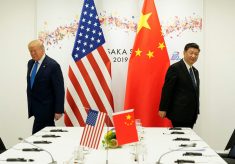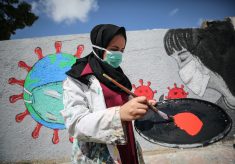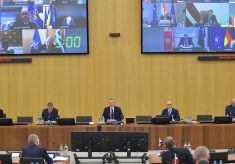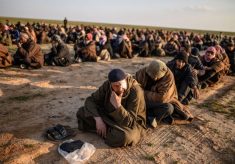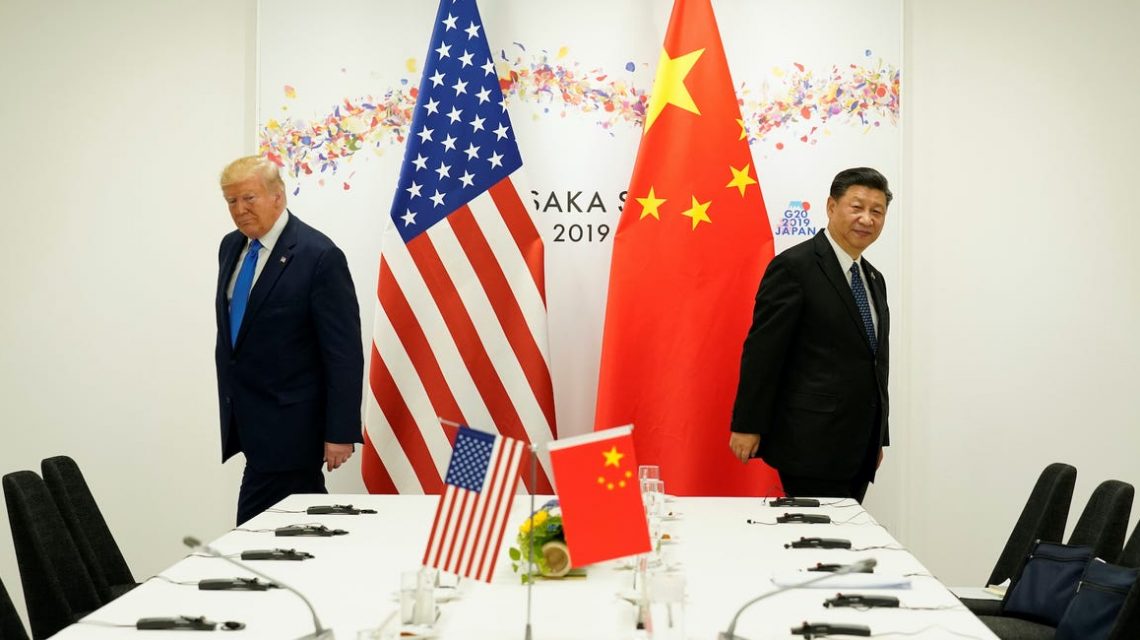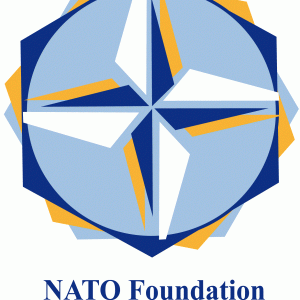According to the International Monetary Fund (IMF), due to the Covid-19 pandemic, the global economy has entered such a severe recession apart from the precedent of the great depression of 1929, and far more serious than the financial crisis of the last decade.
Even the countries that are expected to grow this year will experience the weakest growth of the past decade. China, according to IMF estimates, will grow by 1,2% compared to 6,1% last year. The US economy will decline -5,9% from the 2,5% drop in 2009 and the Euro area will lose -7,5% from the -4,5% drop in 2009.
A contraction of global trade by 2020 of -11% is very probable, while IMF estimates of a recovery are speculative for the moment. No coordinate action is in view to face this economic tsunami, not even within the EU, despite several announcements.
The Covid-19 emergency also emphasised the political, economic and verbal clash between the United States and China, in addition to existing tensions and to new ones concerning the WHO and Hong Kong. It is no coincidence that not only US and European observers believe that Covid-19 could contribute in reshaping the world.
Leadership in this emergency has been faltering in Washington, threatening to undermine its credibility and legitimacy that, together with economic and military strength, has ensured a role of global superpower in the past. Beijing moved quickly in with a well-designed campaign to catch up in sharing information and lessons learned, sending medical aid and portray itself as a global leader in responding to the pandemic.
During the Ebola crisis (2014-2015), the US-led a coalition of dozens of countries to counter the spread of the disease, while now this leadership was missing and coordination with the allies has also been lacking (e.g. the interruption of flights to Europe).
Washington has still all the means and sufficient time to change this disadvantage, by increasing collaboration with the allies, streamlining an inefficient management at state and local level with a more comprehensive federal organisation (as Italy did), pushing on its science and biotechnology edge and using effectively its vast international networks.
The US administration is increasing its pressure on China, but, as in other sectors like counterterrorism, it could be useful a quiet collaboration on a Covid-19 vaccine and, more importantly, on the next pandemic, concentrating the efforts on more tough negotiations like trade imbalances, intellectual property, intermediate range missiles, free navigation, contested maritime spaces and major communication platform.





